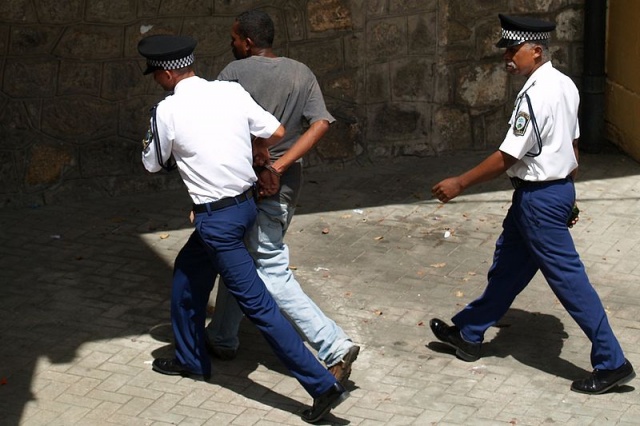“Offences Against Persons” Top Seychelles’ Police Logs in Early 2025—But What’s Behind the Spike?

Offences against persons have emerged as the leading category of reactive police cases in Seychelles during the first quarter of 2025, according to the latest Crime, Justice and Security (CJS) Statistics Bulletin released by the National Bureau of Statistics on May 30.
From January to March, a total of 235 such offences—ranging from assault and threats to more serious bodily harm—were reported across the country, comprising nearly one-third of the 778 reactive cases logged by police during this period. Reactive cases are those initiated after the fact, typically by victims or witnesses responding to crimes already committed.
This marks a sobering trend, particularly in a small island state where personal conflict can sometimes simmer in close quarters.
“When we look at offences against persons, we’re not just looking at numbers—we’re looking at a reflection of interpersonal tensions, domestic disputes, and in some cases, deeper social fractures,” a senior officer within the Seychelles Police Force told The Seychelles Times on condition of anonymity.
While property crimes and substance-related offences continue to occupy their share of police attention, this spike in person-related offences signals a growing concern in both urban centres and smaller communities.
What’s Fueling the Rise?
Experts point to several potential contributing factors, including economic stress, housing pressures, and the lingering effects of the COVID-19 era on mental health and domestic stability.
“These cases often involve people who know each other. It’s happening behind closed doors—between partners, neighbours, even relatives,” said one social worker familiar with the growing caseload.
What’s Next?
The data serves as a critical snapshot—not only for law enforcement but for policymakers, community leaders, and NGOs, who are being called upon to strengthen support systems, conflict resolution efforts, and preventative outreach.
As the nation looks ahead to the second quarter of 2025, many will be watching closely to see whether these numbers improve—or whether Seychelles is headed toward a broader crisis in personal safety and social cohesion.
One thing is clear: the issue isn’t just about enforcement—it’s about engagement.




